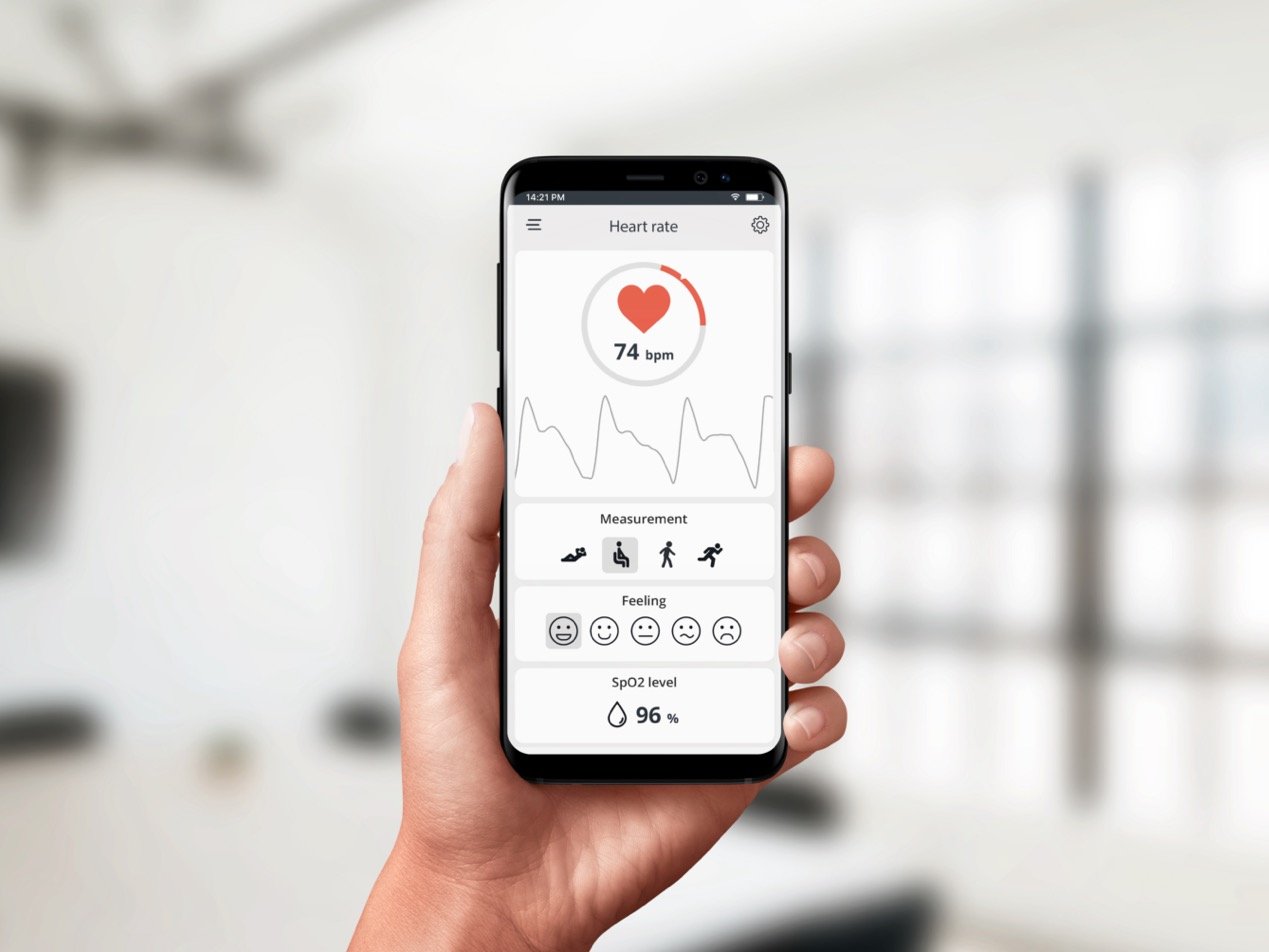
Online therapy can be convenient and effective for individuals seeking mental health support. However, mental health professionals must ensure that teletherapy is conducted in compliance with HIPAA.
HIPAA compliance in online therapy
HIPAA establishes guidelines for safeguarding protected health information (PHI) and applies to covered entities, including mental health professionals. Even when online, therapists must ensure that they adhere to HIPAA regulations to protect their patients' privacy.
- To achieve HIPAA compliance, therapists must choose a telehealth platform that meets HIPAA security standards. HIPAA compliant telehealth platforms employ robust encryption protocols and other security measures to protect PHI from unauthorized access or data breaches.
- Additionally, therapists must sign a business associate agreement (BAA) with the chosen platform, ensuring the platform takes responsibility for safeguarding patient information according to HIPAA requirements.
HIPAA compliant online therapy
- Selecting a secure telehealth platform: Therapists should carefully assess telehealth platforms to ensure they meet HIPAA's security standards. Features like encryption, secure logins, and data backups ensure that PHI is protected. When evaluating platforms, therapists should inquire about the platform's security protocols, data storage, and adherence to HIPAA regulations.
- Ensuring strong authentication and password protection: To prevent unauthorized access to patient information, therapists and patients should use strong passwords and implement multi-factor authentication where possible. Multi-factor authentication adds an extra layer of security, requiring users to provide multiple forms of identification before accessing sensitive data.
- Encryption of data and communications: All data exchanged during online therapy sessions should be encrypted to protect patient confidentiality. This includes video, audio, and text communications. Encryption ensures that even if data is intercepted, it remains unreadable without the appropriate decryption key.
- Proper disposal of patient records and data: Old patient records and data should be securely deleted or properly disposed of to avoid potential breaches after therapy sessions. Secure data disposal methods, like secure wiping software for digital data, maintain patient privacy.
Related: How does HIPAA apply to telehealth?
Potential risks and challenges
Despite the benefits of online therapy, there are potential risks and challenges related to HIPAA compliance that therapists and patients must be aware of:
- Identifying common vulnerabilities: Online therapy platforms may have vulnerabilities that malicious actors could exploit. Regular security assessments help identify and address potential weaknesses.
- Risks of non-compliant platforms: Using non-compliant platforms for online therapy risks patient privacy, as these platforms may not employ adequate security measures to protect PHI. Before choosing a platform, therapists should verify its compliance status and ensure it aligns with HIPAA requirements.
- Impact of data breaches: A data breach in online therapy can lead to compromised patient information and erode patient trust, ultimately affecting the success of therapeutic outcomes.
Protecting patient data during online therapy sessions
To enhance data protection during online therapy sessions, both therapists and patients should:
- Use a secure internet connection: Therapists and patients should connect to the internet through secure networks and avoid public Wi-Fi for therapy sessions. Public Wi-Fi networks can be vulnerable to hacking, and using them for online therapy increases the risk of unauthorized access to patient data.
- Avoid unencrypted channels: PHI should never be shared over unencrypted communication channels like email or text messaging, as these channels are vulnerable to interception. Instead, therapists and patients should use the secure communication features in the telehealth platform or HIPAA compliant email and text messaging platforms.
- Check privacy settings: Verify the privacy settings on devices and software used for online therapy to restrict access to patient information. Privacy settings should be adjusted to minimize the risk of unintended data sharing or unauthorized access to patient data.
Subscribe to Paubox Weekly
Every Friday we'll bring you the most important news from Paubox. Our aim is to make you smarter, faster.




